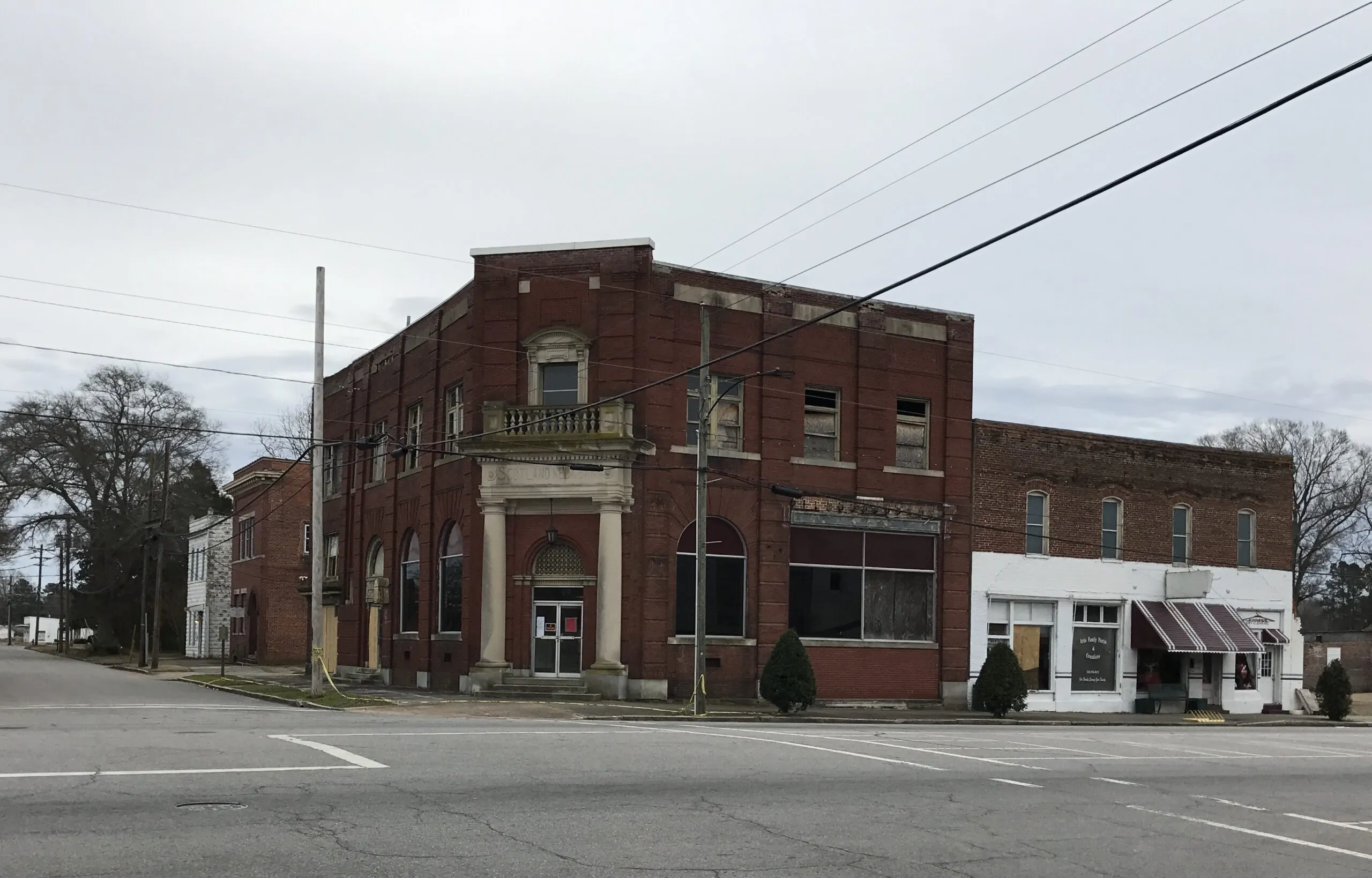This Town Has Been Named the Poorest in North Carolina
Scotland Neck, North Carolina, a town known for its rich history and natural beauty, has recently garnered an unfortunate title – the poorest town in the state. With a staggering poverty rate of 48.8% and a median household income of just $15,985, this community faces a multitude of challenges. In this article, we will delve into the factors that have contributed to Scotland Neck’s poverty rate and explore the comprehensive approach required to address these pressing issues.
The Decline of the Agricultural Industry
Once a thriving agricultural hub, Scotland Neck’s economic landscape began to wither in the 20th century due to the decline of the tobacco industry. As tobacco farms shuttered, residents lost their livelihoods and the town’s economic backbone crumbled. The subsequent loss of jobs and income precipitated a domino effect that plunged many into poverty.
Loss of Manufacturing Jobs
In recent decades, Scotland Neck has faced another blow as manufacturing jobs disappeared. As factories relocated to other countries or states with lower labor costs, this small town felt the reverberations. The loss of these employment opportunities further deepened the economic distress, leaving the community struggling to find sustainable work.
Lack of Access to Affordable Housing
While the cost of living has steadily increased, wages in Scotland Neck have remained stagnant. One of the most significant challenges faced by the residents is the dire lack of affordable housing. The rising housing costs have made it increasingly difficult for many to secure decent living accommodations, exacerbating the cycle of poverty.
Lack of Access to Transportation
Scotland Neck is a rural town with limited public transportation options. This isolated setting compounds the struggles of its residents, as they find it challenging to access jobs, grocery stores, and essential services. The absence of reliable transportation acts as a barrier to economic mobility, trapping many in a cycle of poverty.
Limited Educational Opportunities
Education is a cornerstone of economic prosperity, yet Scotland Neck faces low levels of educational attainment and a high rate of illiteracy. This hinders residents from obtaining well-paying jobs, perpetuating the poverty cycle. Improving educational opportunities is critical for breaking this cycle and equipping the community with the skills they need to thrive.
Limited Access to Healthcare
Healthcare is a fundamental human right, but in Scotland Neck, it’s a luxury that many cannot afford. The town grapples with a shortage of healthcare providers, making it challenging for residents to access the care they need. Poor health can compound economic struggles and create a vicious cycle of poverty.
High Crime Rates
High crime rates are not only a safety concern but also a significant hindrance to economic development. Scotland Neck’s elevated crime rate makes it challenging for businesses to operate and for residents to feel safe in their own community. Addressing crime is a critical step toward revitalizing the town’s economy.
A Comprehensive Approach
To address the multifaceted challenges faced by Scotland Neck, a comprehensive approach is required. The following steps are essential in uplifting the community and steering it away from poverty:
- Investments in Education: Improving educational opportunities and providing resources for adult education programs can help residents acquire new skills, increase their employability, and break free from the cycle of poverty.
- Job Training and Economic Development: Establishing job training programs and encouraging economic development can create new employment opportunities in the town. Attracting businesses and fostering entrepreneurship can help revive the local economy.
- Affordable Housing Initiatives: Implementing affordable housing initiatives and rent control measures can help alleviate the housing crisis, making it easier for residents to secure stable living arrangements.
- Transportation Improvements: Expanding transportation options, such as public transit, carpooling, and ridesharing services, can enhance access to jobs and essential services, reducing the isolation experienced by residents.
- Healthcare Access: Collaborating with healthcare providers and organizations to establish affordable clinics and telehealth services can improve healthcare access and promote overall well-being in the community.
- Crime Reduction and Community Policing: Implementing community policing initiatives and supporting anti-crime programs can help reduce crime rates, creating a safer environment for residents and businesses.
Conclusion
Scotland Neck, North Carolina, is grappling with a dire poverty crisis, with numerous interconnected factors contributing to the town’s distressing economic situation. Addressing these issues requires a comprehensive approach that spans education, job training, affordable housing, transportation, healthcare, and crime reduction. By taking concerted action, the community of Scotland Neck can work toward a brighter, more prosperous future, where poverty is but a distant memory.
Read More:







